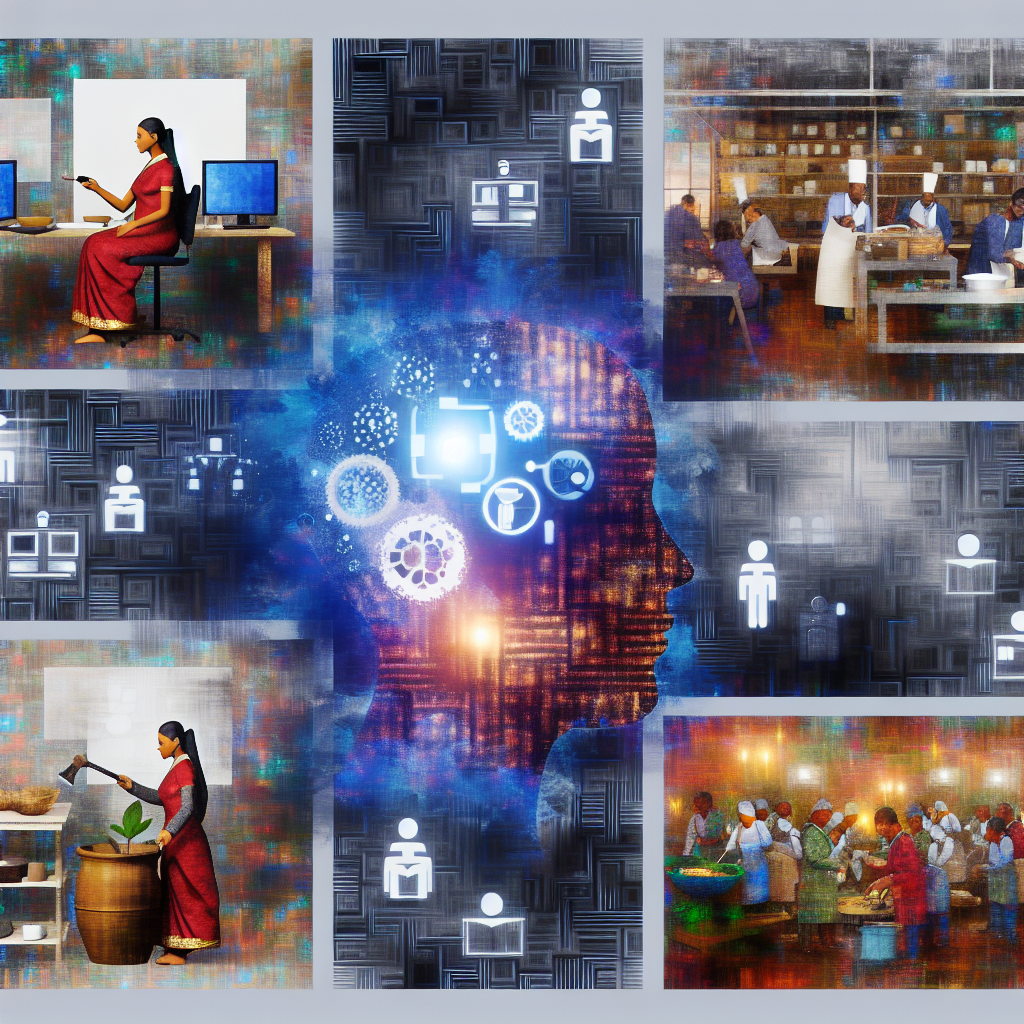Article analysis: Exploring the Limits of Generative AI: Why Human Jobs Are Safer Than You Think

Here is a relevant quote from the article:
"Human work skills won’t be easily replaced in the workforce any time soon. Today’s generation of genAI tools are not ‘very likely’ to replace a competent human worker in mastering and performing even a single one of thousands of common work skills identified by Indeed."
Study Suggests Limits To Generative AI’s Job-Snatching Abilities
Analyzing Limits to Generative AI’s Job-Snatching Abilities
A recent study by the Indeed Hiring Lab sheds light on the limits of generative AI (genAI) in replacing job skills across various professions. The study, which employed OpenAI’s GPT-4 model, analyzed 2,800 job skills across fields such as account management, hospitality, and software development. It found that while genAI may augment certain tasks, full job replacement is not imminent.
Key Findings and Supporting Evidence
The study reveals that the majority (69%) of job skills are “very unlikely” or “unlikely” to be replaced by genAI. Only 29% of skills could potentially be replaced in the future, contingent on improvements in AI tools and business practices. None of the analyzed jobs were found to be “very likely” to face immediate replacement, emphasizing the resilience of human work skills. Notably, jobs requiring hands-on execution, such as aviation and cooking, remain largely insulated from genAI's reach.
Case-Specific Analysis
One significant outlier is the accounting profession, where 78% of skills were rated as replaceable by genAI. Additionally, genAI demonstrated “good” problem-solving abilities for 31% of these skills. However, this remains unique among the studied occupations, highlighting accounting as an exception rather than the norm.
Contrarian Perspectives in the Study
The study's assertion that AI is not yet a significant threat to job categories counters the prevailing narrative of imminent AI-driven job displacement. This perspective is valid, given AI's current limitations in complex judgment and contextual awareness. However, naysayers might argue that rapid AI advancements could soon alter this landscape.
Critical Evaluation
One of the study’s strengths lies in its comprehensive analysis of a wide range of job skills, backed by empirical data. However, the study also acknowledges uncertainties, particularly concerning future AI advancements. Further research is essential to monitor these developments and include a broader array of job skills for an in-depth understanding.
In conclusion, while the study provides a cautiously optimistic view of AI's capabilities, it underscores the importance of ongoing skill development and adaptive strategies in an evolving technological landscape.
